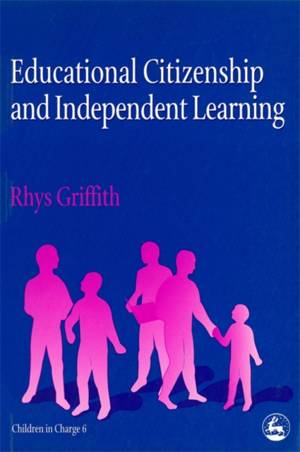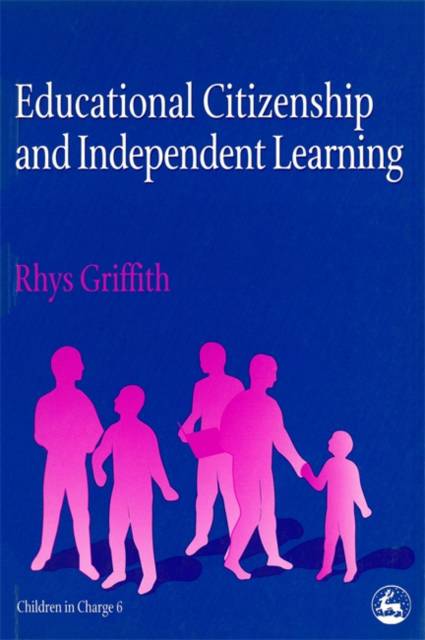
- Retrait gratuit dans votre magasin Club
- 7.000.000 titres dans notre catalogue
- Payer en toute sécurité
- Toujours un magasin près de chez vous
- Retrait gratuit dans votre magasin Club
- 7.000.000 titres dans notre catalogue
- Payer en toute sécurité
- Toujours un magasin près de chez vous
Description
Defining the characteristics of the ideal global citizen - critically reflective, ethically concerned with social justice, and capable of exercising personal control - Rhys Griffith examines how citizenship is promoted, ignored or even suppressed in schools. His study is based on five years' research in 97 educational establishments. He offers an analysis of existing methods of cultivating citizenship, and describes independent learning projects designed to develop the attributes of global citizenship.
From this research, Dr Griffith concludes that the current emphasis of the curriculum is on the perception of the child as a passive vessel for accumulating knowledge. This encourages conformity rather than the enquiring and active mental state which Griffith considers essential to the global citizen of the next century. He proposes in detail how the present system can be adapted to promote greater participation among pupils and, through this, increased independence and flexibility.Spécifications
Parties prenantes
- Auteur(s) :
- Editeur:
Contenu
- Nombre de pages :
- 300
- Langue:
- Anglais
- Collection :
- Tome:
- n° 6
Caractéristiques
- EAN:
- 9781853026119
- Date de parution :
- 01-06-98
- Format:
- Livre broché
- Format numérique:
- Trade paperback (VS)
- Dimensions :
- 155 mm x 233 mm
- Poids :
- 439 g







